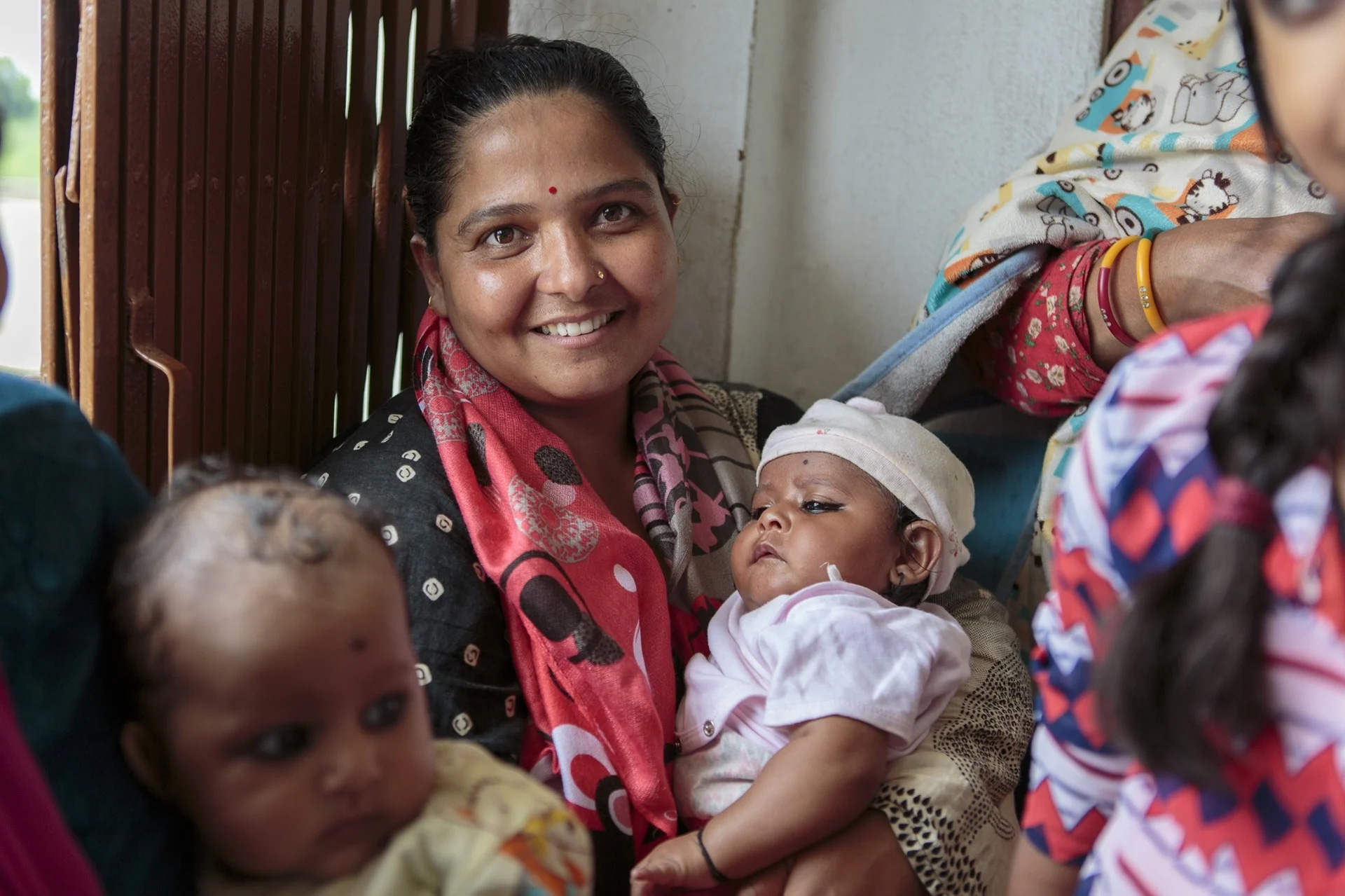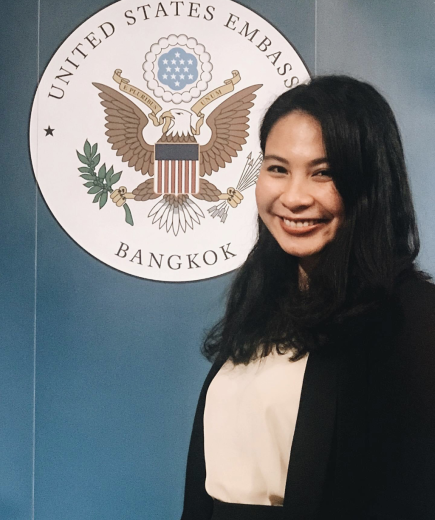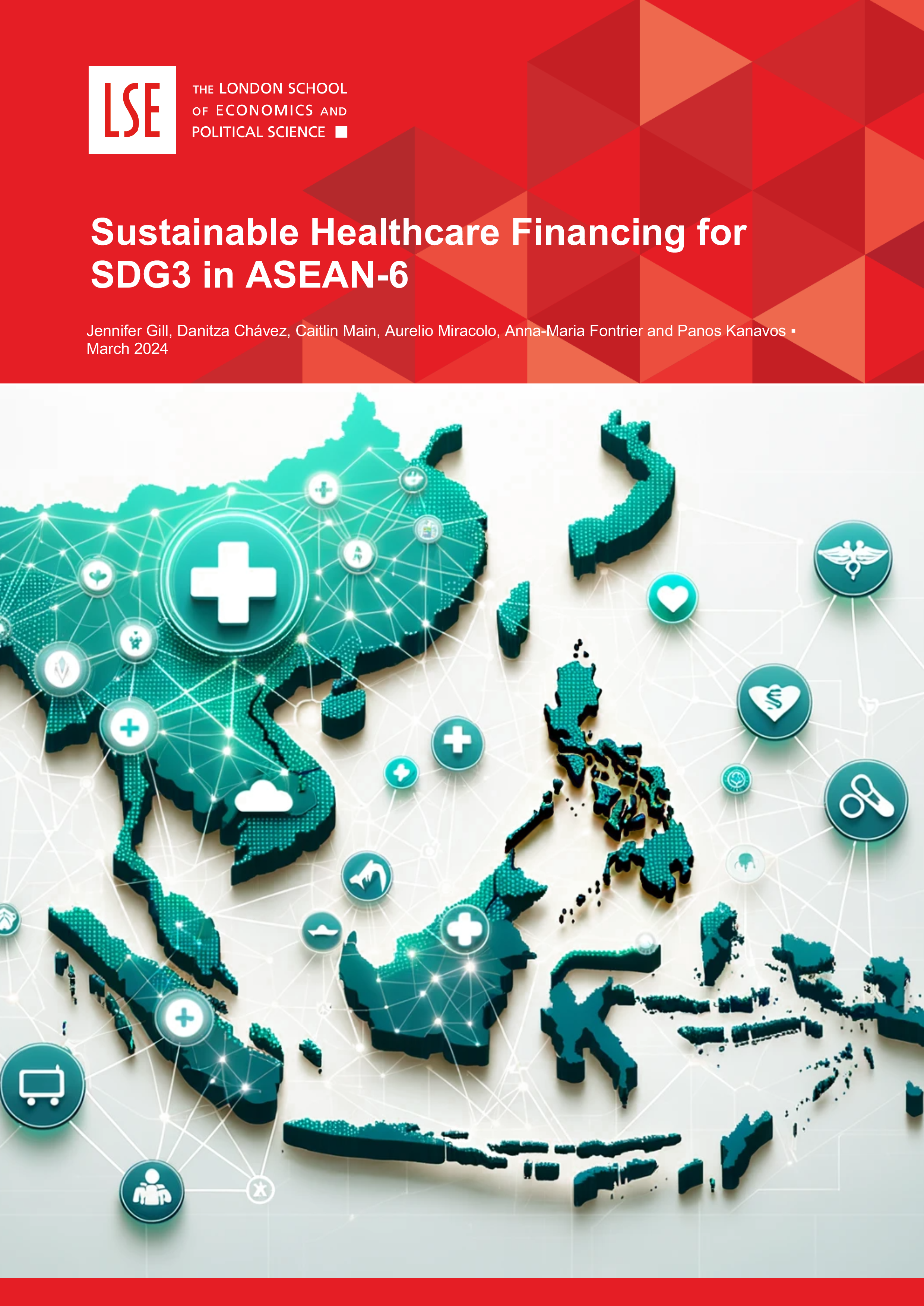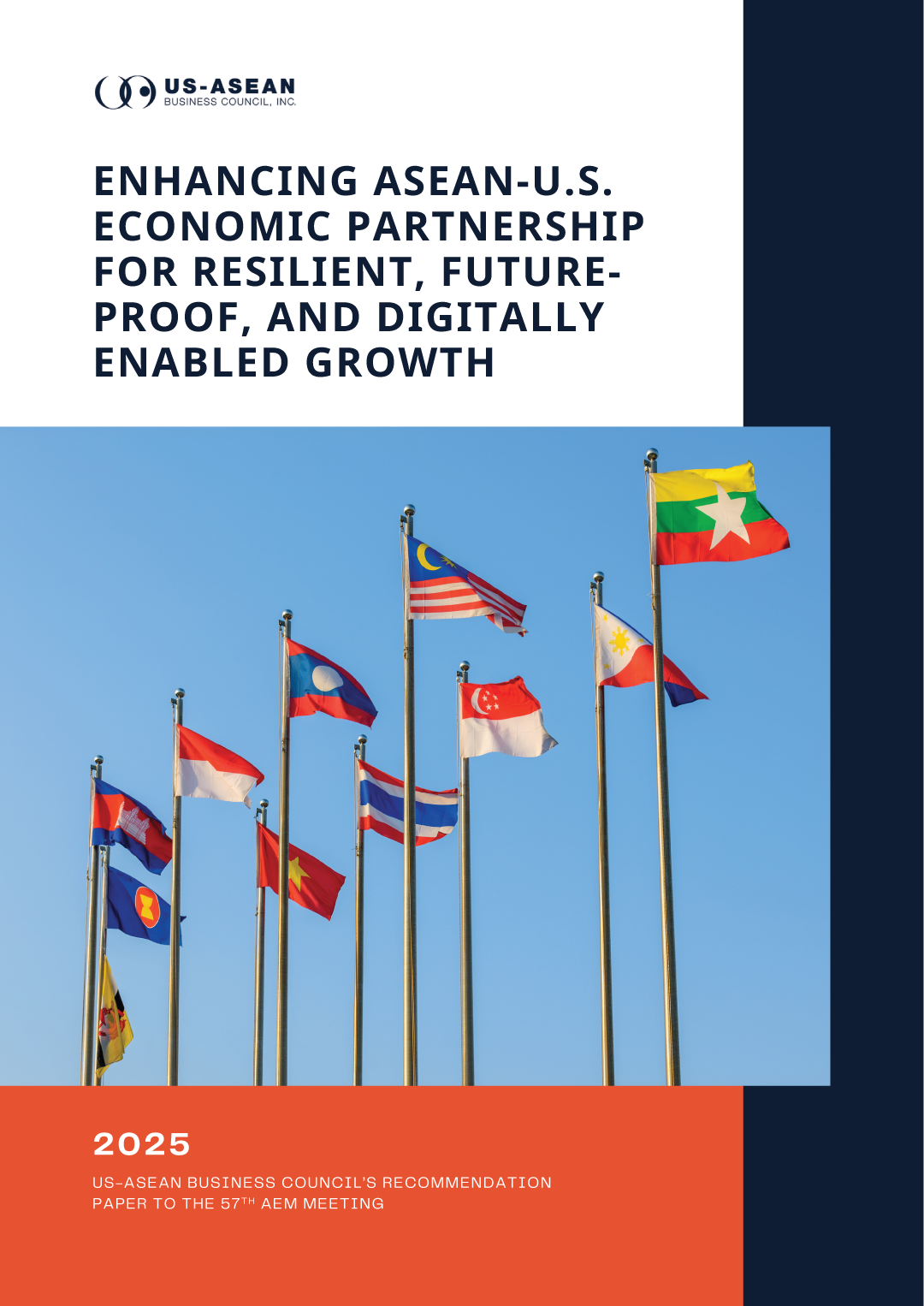Southeast Asia’s Remarkable Progress in Maternal Mortality

In honor of World Health Day on April 7, the World Health Organization (WHO) emphasized the importance of maternal and newborn health under the theme “Healthy Beginnings, Hopeful Future.” Southeast Asia has reported significant progress in maternal health, with a 53% reduction in maternal mortality since 2010. Many countries in the region have taken strides to ensure the health of women and children, underscoring the region’s commitment to sustainable development and public health. For example:
Vietnam has emerged as a standout example of progress through its series of resolutions, national strategies, and action plans implemented by the Ministry of Health. In 2015, Vietnam became one of only six countries globally to achieve Millennium Development Goal 5 (MDG5) by meeting international standards for reducing maternal mortality.
Indonesia’s Deputy Minister of Population and Family Development, Ratu Isyana Bagoes Oka, emphasized the government’s focus on universal healthcare, improved education, social protection, poverty reduction, and the fight against malnutrition at the UN’s recent 58th Session of the Commission on Population and Development (CPD). The country has also introduced nutritional supplement initiatives to enhance maternal nutrition and outcomes. to enhance maternal nutrition and outcomes.
Thailand’s Ministry of Public Health highlighted the country’s “30 Baht Anywhere” scheme at the World Health Day 2025 event, ensuring that mothers have access to quality care at any facility nationwide. Key initiatives, such as the Maternal and Infant Health Network project, have played a crucial role in reducing preterm birth rates and improving health outcomes, particularly in rural areas.
Brunei has ensured accessible and high-quality maternal healthcare services through a network of 13 health centers and three clinics across the country. In November 2024, the Ministry of Health introduced the WHO-recommended Pertussis vaccine for pregnant women, aiming to protect newborns from whooping cough—a significant step in newborn preventive health.
As Southeast Asia continues to advance in reducing maternal mortality, these national efforts and regional collaborations are paving the way for safer pregnancies and healthier futures for women and children. The US-ASEAN Business Council recently released a report on Advancing Women’s Sexual and Reproductive Health in Southeast Asia—an issue gaining increased attention.











